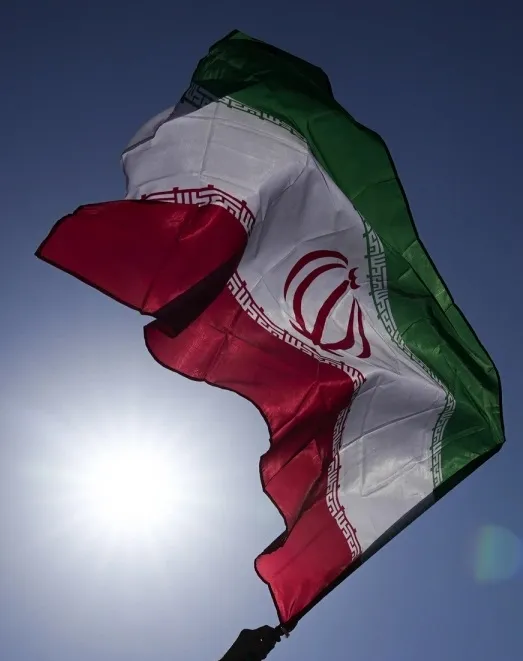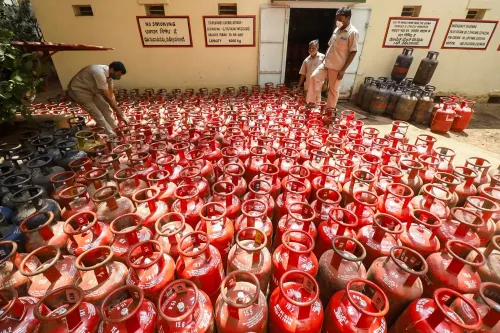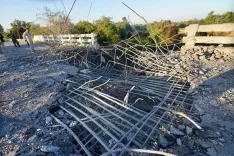How Are Iran and UAE Collaborating for Security in West Asia?

Synopsis
Key Takeaways
- Iran and UAE stress regional cooperation for security.
- Security of one nation is linked to the entire region.
- Recent Israeli actions have heightened tensions.
- Ceasefire was reached after 12 days of conflict.
- Diplomatic engagement is crucial for stability.
Tehran, July 14 (NationPress) Iran and the United Arab Emirates (UAE) have emphasized the urgent need for collective engagement from all regional nations to secure stability in West Asia, as reported by the semi-official Tasnim news agency.
In a recent phone conversation, Ali Akbar Ahmadian, Secretary of Iran's Supreme National Security Council, and Sheikh Tahnoun bin Zayed Al Nahyan, the UAE's National Security Advisor, addressed various regional matters, their bilateral relationship, and the Israeli-US “aggression” targeting Iran.
Ahmadian commended the UAE's denunciation of Israel's military “aggression” against Iran, underscoring that the security of regional nations is “intertwined” and necessitates participation from all countries within the area, as detailed by the Xinhua news agency.
He stated, “If a regional country's security is threatened by foreign risks, the entire region will be challenged.”
Additionally, Ahmadian reiterated Iran's steadfast policy of enhancing relations with its neighboring countries.
Sheikh Tahnoun also remarked that it is imperative for all regional nations to take responsibility for the security of the region.
“If a regional state's security is compromised, it would negatively affect all other countries of the region,” he stated.
On June 13, Israel executed extensive airstrikes across various sites in Iran, including nuclear and military facilities, resulting in casualties among senior commanders, nuclear scientists, and civilians. Iran retaliated with numerous missile and drone strikes on Israel, leading to significant damage and casualties.
Following 12 days of conflict, a ceasefire between Iran and Israel was established on June 24.










